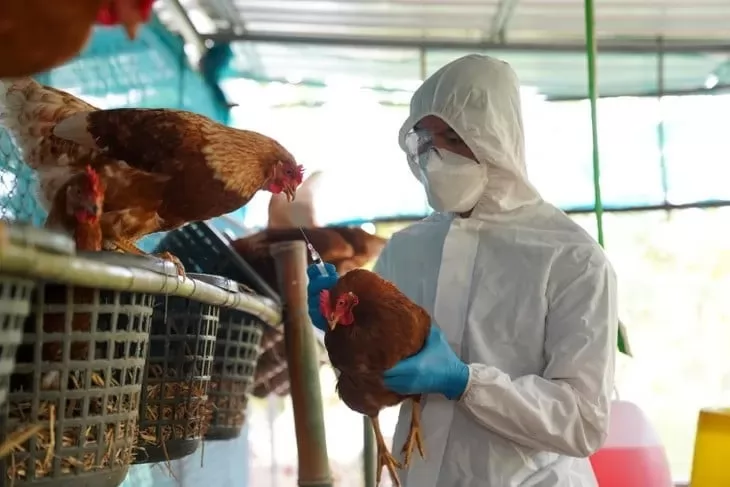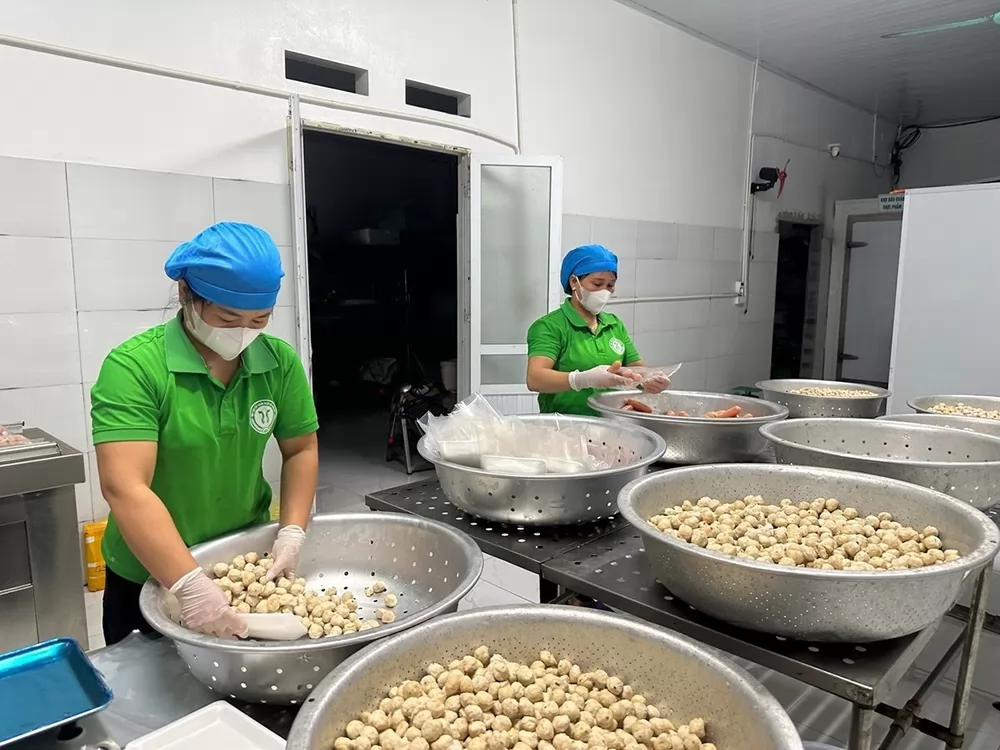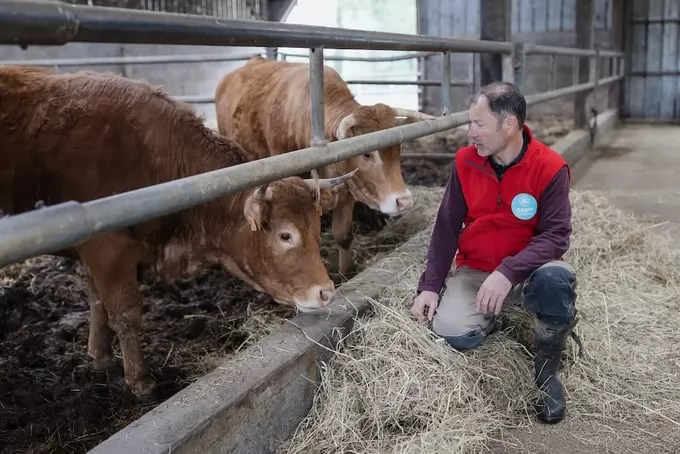Avian influenza outbreak confirmed in commercial layer farm in Argentina

Laboratory tests have confirmed the infection of avian influenza at a layer fam in Los Toldos, Buenos Aires province. Photo: Secretaría de Agricultura, Ganadería y Pesca de Argentina.
(VAN) A new outbreak of highly pathogenic avian influenza (HPAI) has been confirmed by Argentinian authorities at a layer farm in Buenos Aires, Argentina.
In response, strict sanitary measures have been implemented to contain the spread as poultry exports face temporary suspension.
Argentina’s National Service of Agri-Food Health and Quality (SENASA) has confirmed a new outbreak of highly pathogenic avian influenza (HPAI) in poultry. The case was detected in a layer farm in Los Toldos, Buenos Aires province, after clinical signs consistent with the disease were reported.
Laboratory tests confirmed the infection, triggering immediate sanitary measures. Authorities established a 3km sanitary control zone with strict biosecurity and movement restrictions, along with a 7km surveillance zone for monitoring and epidemiological checks. Measures include the culling of affected birds, safe disposal, and thorough cleaning and disinfection of the facilities.
Key trade markets affected
SENASA highlighted that the affected site is not in a major poultry-producing region. Nonetheless, Argentina will notify the World Organisation for Animal Health (WOAH) and temporarily suspend exports of poultry products to countries requiring official HPAI-free status.
Key trading partners such as Brazil, Paraguay, Colombia, Chile, Mexico, Canada, the United States, the European Union, Japan, and China are expected to be affected. China, Argentina’s main buyer with 38% of exports, had only reopened its market in March this year following a previous HPAI-related ban in 2023.
Regaining disease free-free status
Despite this setback, Argentina will continue trading with countries that recognise its zoning strategy, which allows unaffected areas to maintain market access. If no further outbreaks occur in commercial farms in the next 28 days, Argentina may self-declare freedom from the disease to the WOAH and regain its sanitary status. This step is crucial for the full recovery of export markets.
According to the Agro-Industrial Foundation for the Development of Argentina (FADA), the poultry sector exported 12,400 tonnes worth US$14.6 million in the first half of this year. In 2024, Argentina exported close to 195,000 tonnes of poultry products.
This new commercial outbreak comes just 6 days after SENASA confirmed an HPAI H5 case in backyard poultry in Arrecifes, also in Buenos Aires province. However, backyard detections do not affect Argentina’s official disease-free status or restrict international trade.
H.D
(Poultryworld)
Maybe you are interested

Thai Nguyen paves the way for startups from high-tech livestock production
Following the merger, Thai Nguyen has intensified support in capital, human resources, and science-technology to create favorable conditions for enterprises, cooperatives, and young entrepreneurs to start up in the livestock sector.

Marine aquaculture brings high profits to Kiên Giang farmers
KIÊN GIANG - Breeding marine fish in floating cages has offered high profits for farmers in Kiên Giang Province's coastal areas and islands.

Europe's farmers are in revolt and the far right is trying to make hay
Farmers are mad about high costs and low prices, about the prospect of free trade deals, about the constraints of climate regulations, about what they say is a failure of political elites ...





